I’m Arie, a stand-up comedian who believes that laughter should be used to connect people, not alienate them. I’m also the co-founder of the all-femme comedy group Bitches in Stitches’ new London chapter, making its debut on 24 October.
When I step on stage, I want people to laugh – but also to feel like they belong. That’s our goal for every Bitches in Stitches show, to spark a sense of community for both comedians and audiences who are often excluded from the stories told on stage. I want people to walk away laughing, inspired, and excited to come back. More than that, I want them to feel like they can build their own stage too. That, for me, is what comedy should be about.
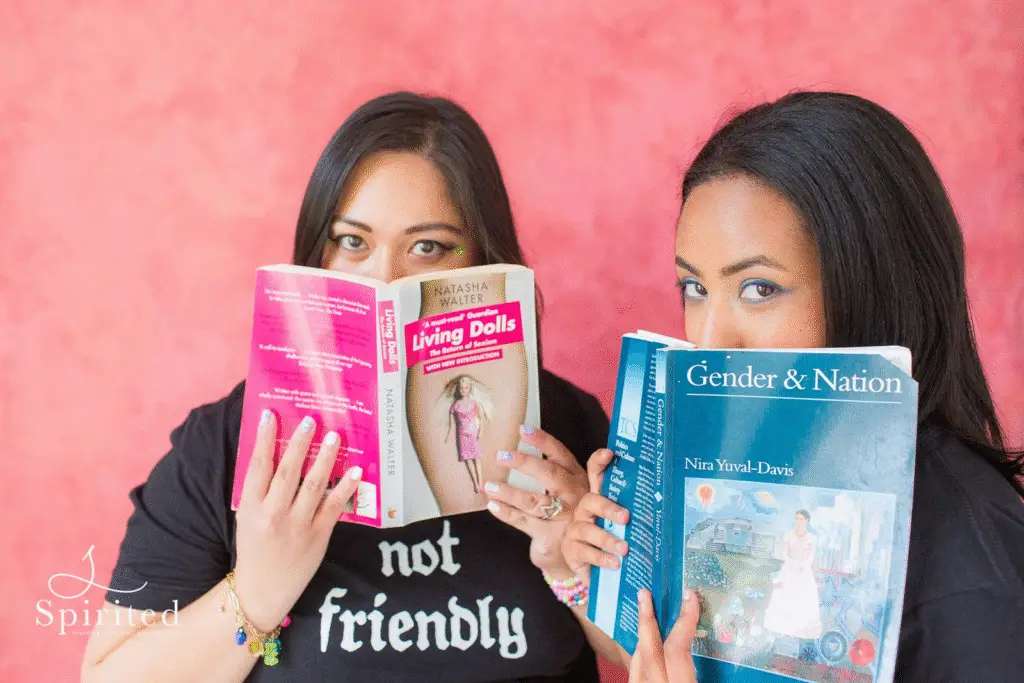
Bitches in Stitches has chapters in Hong Kong, the Philippines, and the UK (Manchester). Together, we’re carving out the spaces needed to make comedy truly inclusive, and people are hungry for it. Last month, we put out open calls for femme comedians to perform with us and received 60 applications in just over three days. Bitches in Stitches hasn’t even done our first show in London, but the lineups for all our productions this year have been filled. Our mission is about solidarity and joy, and about putting on shows that reflect the diverse communities we come from. It proves there’s no shortage of women with talent in the UK, and yet a study conducted by Chortle last year revealed that comedy clubs are still booking six times more men.
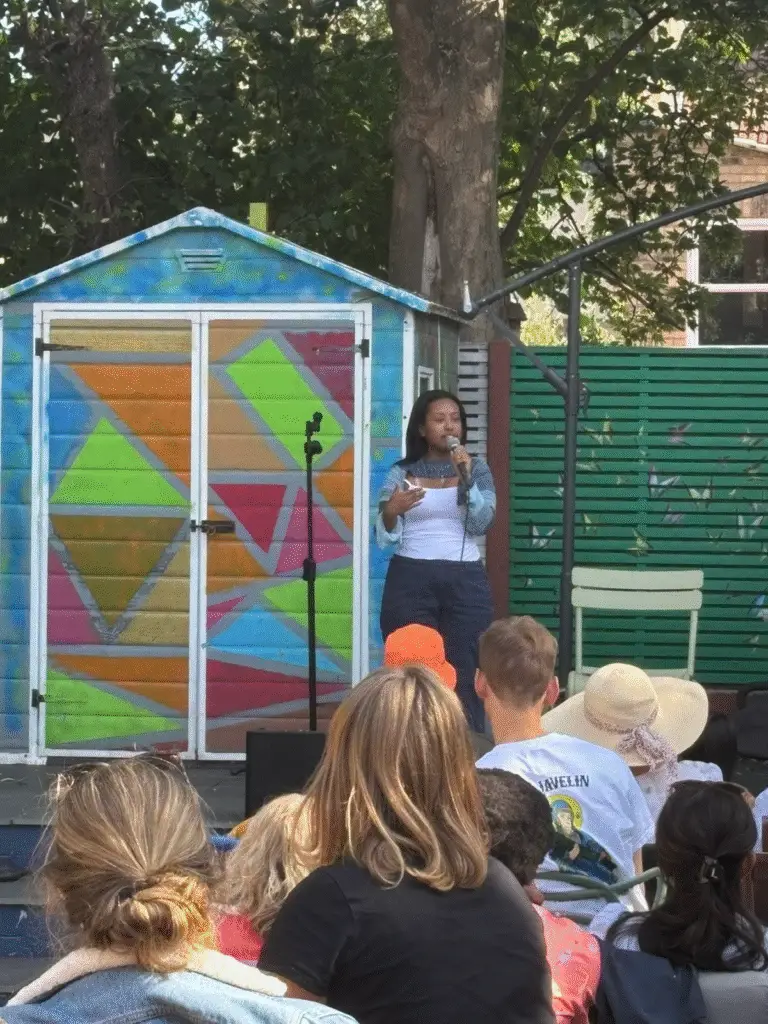
I’ve been performing seriously for about a year and a half, although in truth, comedy had been calling me for much longer. I dipped in and out of open mics for a while, too nervous to commit. Part of it was self-consciousness because I didn’t see anyone who looked like me or was talking about the things I wanted to talk about on stage.
There was this thread I wanted to pull on about being a woman today and being in my twenties. It feels like often the world is on a mission to keep you miserable, especially with the rise of online misogyny and incel culture. They trot out the same tired lines about how “your life is over at 25”. I think it’s hilarious to grieve your youth whilst still figuring out what council tax is. There’s so much for women to experience and enjoy, and live for – that’s essentially what I want to say with my stand up. And if things still turn out to be a tragedy, I want to be the one writing my punchlines.
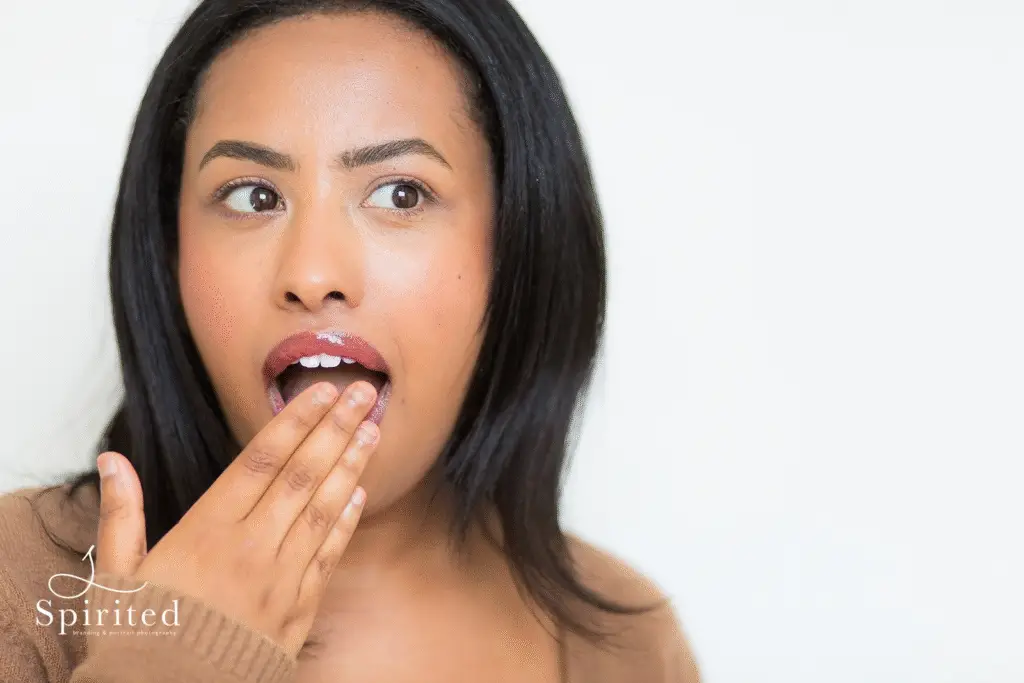
One of my first jokes that really landed was about having “post-traumatic rapper girlfriend syndrome”. I mean, who isn’t a little nervous meeting a man with a SoundCloud account? I think it really resonated because it’s an app after all, but it’s also a personality: the late night Instagram posts, grainy cover art, and friends he’s dragged into making music videos. We all know exactly who this guy is before he has introduced himself. Yes, it’s a very online kind of bit that only really makes sense coming from a woman’s voice – one who is flitting between dating apps, meme culture and the overlap between online and real life.
I want my sets to feel fast-paced, with a rebellious, feminist streak – I want to remind people that I’m a full, complicated person and not a stereotype. Material often comes directly from my personal life, like my period of unemployment, which felt long-suffering and neverending at the time. It’s my mentoring joke about what it’s like to be a “drain on taxpayers’ money” as someone with an arts degree. It came out of a miserable conversation at the UC Office. There’s something cathartic about using the same words politicians use to shame people my age and turning them into the punchline. When the audience laughs, it’s like they’re saying, “See, the arts degree wasn’t a waste after all!”
The real joy is in performing, bringing the persona and the jokes to the stage. When the jokes start landing one after the other, it’s electric. I’m also full of pure relief; I just keep thinking, “Yess, they get it! They get me!” It’s about being understood. Deep down, every comedian has a little kid inside them screaming, “Listen to me!” and it’s scratching that itch.
Of course, performing stand-up comedy isn’t without challenges. Beyond the writing, the admin, and the pressure of performing, being a woman of colour adds extra layers. I have been heckled, harassed, and had my appearance picked apart. At a gig (mind you, I still haven’t been paid for) a man came on stage, grabbed the microphone out of my hand and held it in front of his crotch, wiggling it at me telling me to talk about his cock. He was trying to embarrass me and my instinct was to freeze up. I think everyone was a little horrified. I looked out to the other comedians, the showrunner, the audience, and just wanted to melt into the floor. Without even thinking about it, I made a joke about the situation and the room just erupted with laughter, with audience members clapping as he slinked off stage and left. Stand-up gives you the power to flip those situations – to expose how ridiculous and insecure the behaviour is. Nothing was better than giving the room the chance to laugh at the joke he became.
Too often you are treated as the diversity act until you prove yourself, and then people act surprised that you are actually good at the thing you’ve been working on. The compliments can be backhanded: “Good for a woman” or “Good for a Black comedian”. At times it feels like you cannot win with people who think that way. What helps is surrounding yourself with others who do not.
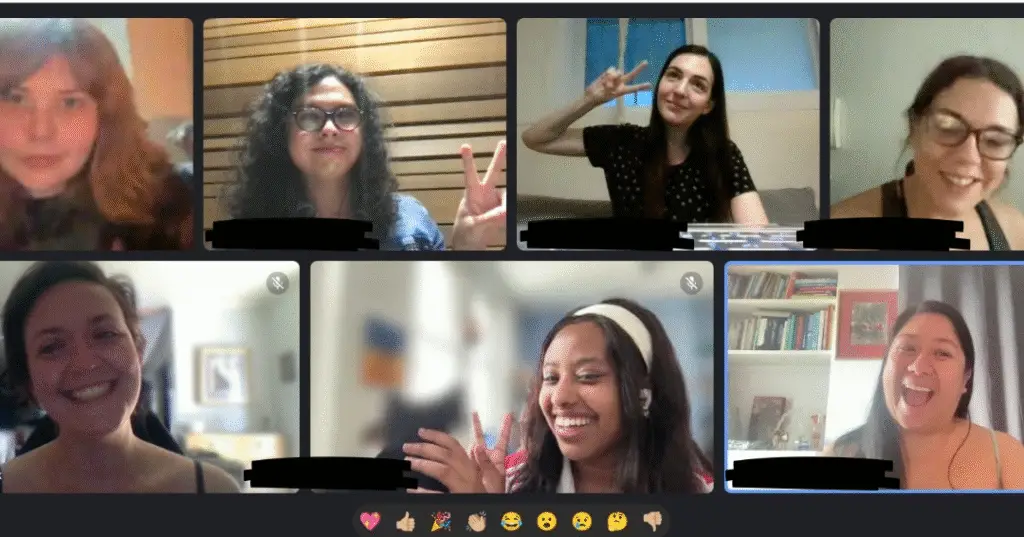
That’s how I first connected with Fran Ayala-Rock, the founder of Bitches in Stitches. We met outside a gig in Shoreditch where the male comedians were leaning on lazy misogyny, and the audience was visibly bored. We laughed about it afterwards, and soon I joined the Bitches in Stitches monthly virtual writing group. It has been a rare and vital space where women and femme comedians can share ideas, trade feedback, and build confidence in an environment that actually feels supportive.
When Fran asked me to co-found Bitches in Stitches London, I immediately said yes. I had already been inspired by what the group was achieving in Hong Kong and the Philippines, and I loved the unapologetic, punk-feminist energy of the project. It felt exciting to help bring that to London. Too often people assume that being young means you have little to contribute, so at 27, it was an honour to be asked.
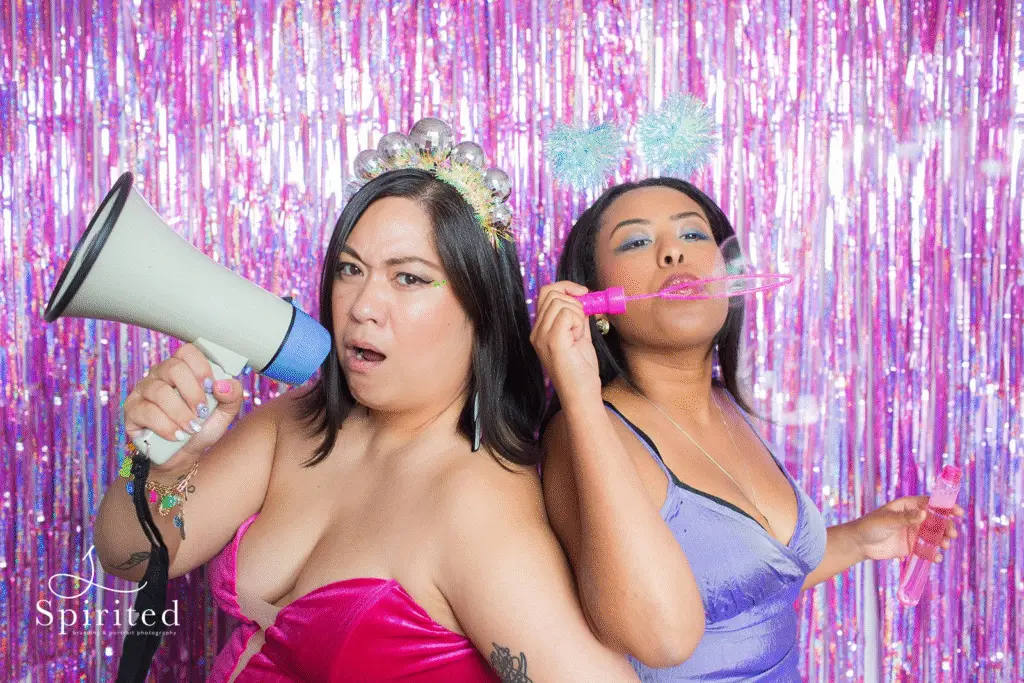
My advice for other women who want to get into stand-up: don’t be too hard on yourself. It takes time to get good at this, and we don’t always make enough space for women to make mistakes and grow. There is a lot of pressure when you are the only woman on a lineup, because if you do badly, it can feel like you are representing all women, and suddenly people say they “can’t find female comics.” Do not take that too seriously. Your journey will have ups and downs, and that is completely normal.
Make space for yourself to enjoy the work, the writing and the gigging. There will always be negative feedback, sometimes even before people have seen you perform, and a lot of it is misplaced. Remember that it is not other comedians who decide your stand-up journey, it is the audience – and if you are funny, they are going to love you. So take up space, take the mic and give them something to laugh about!
Bitches in Stitches London’s debut show, “New Grrrl Order”, is on Friday, 24 October 2025 at Hoxton Cabin. Ticket details are available here.
Top photo: Pictured, Arie David, Source: Frances Carlisle

